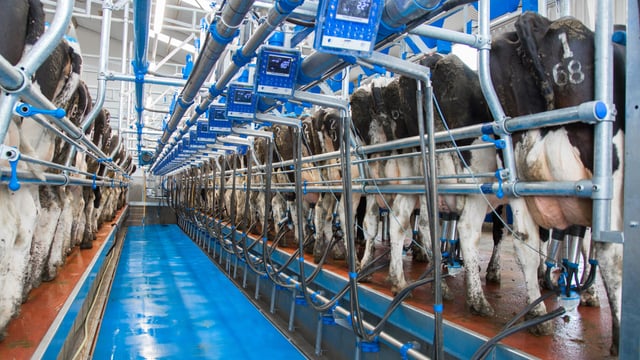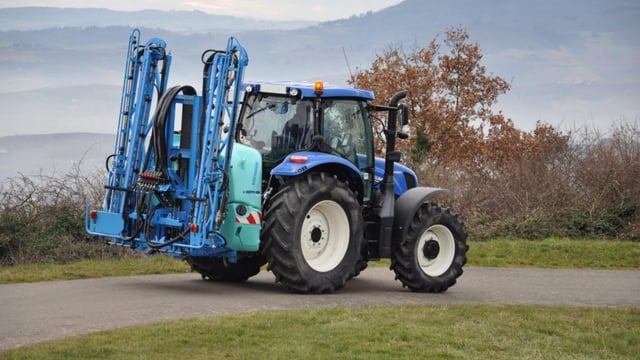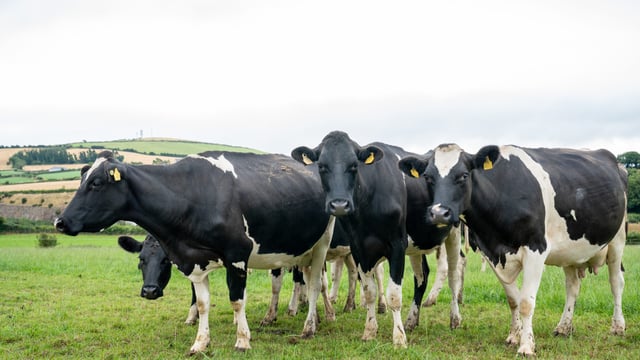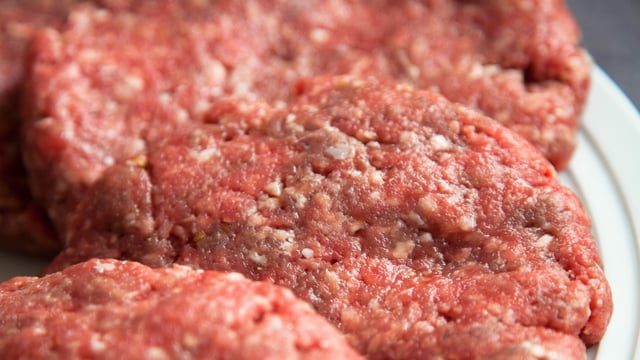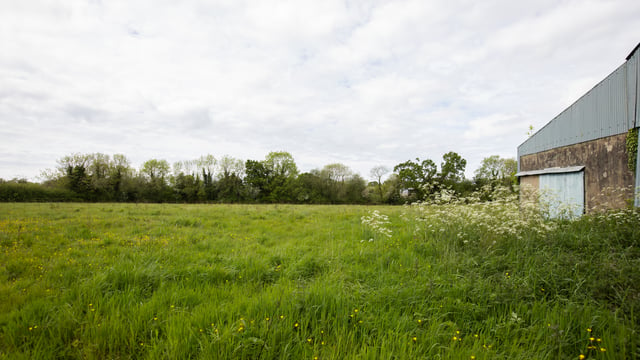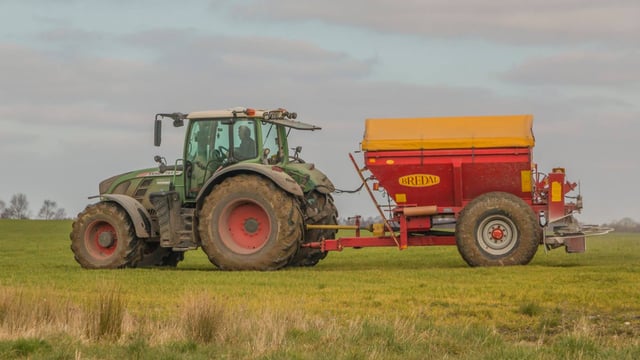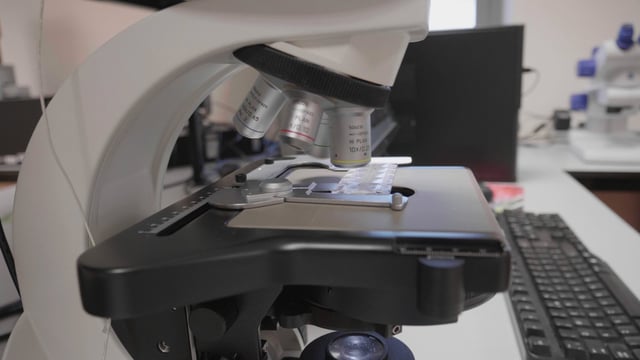Irish agriculture 'cannot be undermined' by EU policies - Creed
The targets for processing and food production as outlined in the EU’s ‘Farm to Fork’ and ‘Biodiversity’ strategies – published today, Wednesday, May 20 – will be challenging for Irish agriculture, the Minister for Agriculture, Food and the Marine has acknowledged.
In a statement to AgriLand shortly after the European Commission’s formal adoption of both strategies – which will frame EU agriculture for the next decade – Minister Michael Creed outlined that an evidence-based approach to the targets will be “crucial”.
The commission has outlined that the baseline for the percentage reduction targets on pesticides, fertilisers and antimicrobials will rest on the most recently available data – for example, the commission said the latest data on antimicrobial use was collated in 2018.
Responding to the strategies, Minister Creed said they are both “very ambitious” and provide a “very clear pathway” for delivering on the ambitions within the EU Green Deal of being carbon neutral by 2050.
However, he did not take exception to how such goals could be reached.
“This strategy is not without its challenges, including in Ireland. Impact assessments, broad stakeholder consultation and the best use of evidence will be crucial in understanding how the targets can be realised.
The productivity and the social and economic viability and resilience of the agriculture sector cannot be undermined or hindered.
“I look forward to reviewing the content in detail and working with all the key stakeholders in Ireland on how best to implement the actions,” the minister said.
For Creed, he warns that the successful delivery of these strategies – and the overall ambition of the Green Deal – will require, among other things, a strong Common Agricultural Policy (CAP).
“Farmers are being asked to do more, to innovate more, and to adopt new green technologies and practices. In return, we must ensure that farming provides a decent income.
“Ireland’s reputation for safe, sustainable and nutritious food is recognised worldwide and we will continue to ensure that we have a sustainable food production system that contributes in a positive way to climate action – while at the same time, producing high-quality and safe food for local, regional and global markets,” the minister said.
What is Farm to Fork?
The Farm to Fork Strategy is central to the so-called European Green Deal – which has set an objective for the bloc to become the first climate/carbon neutral continent by 2050.
The commission will come forward by September 2020 with a 2030 climate target plan, to increase the current greenhouse gas (GHG) emission reduction target towards 50% or 55% compared with 1990 levels.
The Farm to Fork Strategy lays down a new approach with the aim of ensuring that agriculture, fisheries and aquaculture, and the food-value chain “contribute appropriately” to this process.
“Overall, European diets are not in line with national dietary recommendations, and the ‘food environment’ does not ensure that the healthy option is always the easiest one.
“If European diets were in line with dietary recommendations, the environmental footprint of food systems would be significantly reduced,” the policy document states.
Stay tuned to AgriLand for further updates on this breaking news from Brussels…


